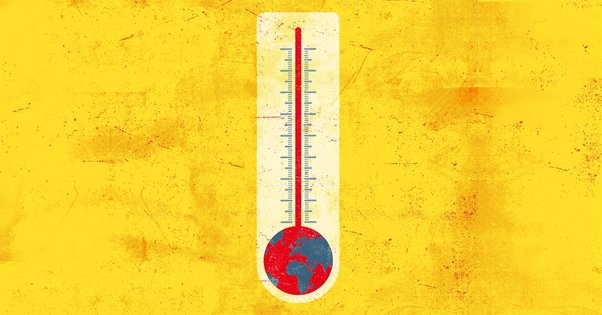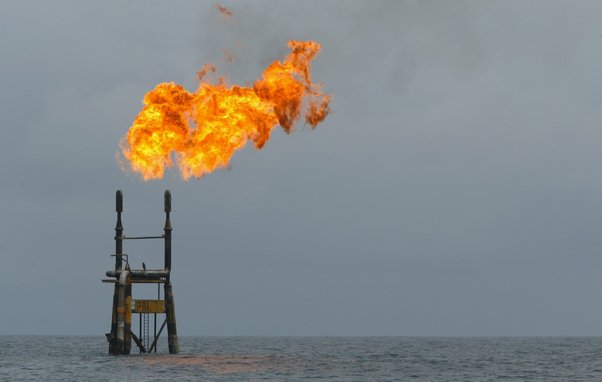2022 profits for BP, Chevron, Exxon, Shell and Total $134 billion more than a normal year
With the five largest private oil and gas companies – BP, Chevron, Exxon, Shell and Total – having announced record profits for 2022, new analysis by Global Witness has calculated that the companies accumulatively earned $134 billion more than a normal financial year.
Using the EU’s formula for assessing windfall profits (defined as anything above 20% the average return of the previous four years) Global Witness found that:
- $18.7 billion of BP’s $27.7 billion profits was windfall
- Chevron’s return of $35.5 billion was $27.1 billion higher than the four-year average
- Of Exxon’s astonishing $55.7 billion profits, $45 billion was windfall
- $21.3 billion of Shell’s $39.9 billion (the largest profit ever for a UK company) was windfall
- Total’s profits of $36.2 billion included $18.7 billion as windfall profits
Across Europe, this extra money for the energy giants could pay for almost 20 per cent of money all European governments have allocated to protect the most vulnerable households and businesses from high energy prices.
Meanwhile this $134 billion would cover almost 40 per cent of what the World Bank have said will be needed to reconstruct and recover Ukraine from Russia’s brutal war, that has benefited the profit margin of big oil and gas. Likewise, it could cover 80 per cent of the $168 billion in damages caused around the world by the ten worst climate-fuelled extreme weather events last year.
Alice Harrison, Fossil Fuels Campaign Leader at Global Witness, said:
“This isn’t an extra $134 billion that these companies can say is a result of them all working a little harder – this is profiteering from an energy crisis and a war. The likes of BP, Shell and Exxon might boast about their profits, but it’s shame they should be feeling as they amass riches whilst the rest of us suffer.”
“You could maybe cut the companies some slack if they were offering these profits to help protect the most vulnerable, or channelling them into boosting renewables, but they simply aren’t. This is money that is making shareholders and executives wealthier, making no meaningful dent in the much-needed energy transition, and increasing inequality.”
“These ridiculous sums should be a wake-up call for politicians who are desperately searching for money to fund public services, aid and care. The money is there, it just requires the political will to challenge the power of these companies. The world would be a cleaner, safer and more just place without the likes of BP, Shell, Exxon, Total and Chevron.”
Despite the growing public alarm at these profits, and subsequent calls for a more effective windfall tax, the five companies paid out $102 billion to benefit their shareholders: $47.6 billion in dividends and $54.3 billion to repurchase shares.
And there is little evidence that these companies are reinvesting their windfalls into renewables. The International Energy Agency projects that investments in clean energy projects will only make up 5 per cent of the oil and gas sector’s capital investments in upstream energy production in 2022.
Meanwhile, Global Witness has filed a greenwashing complaint to the US Securities and Exchange Commission, noting that Shell is only spending 1.5 per cent of its overall expenditure on wind and solar power generation, despite claiming that 12% of its annual spend goes to renewables.
Notes to editor:
- Global Witness’ calculations for the windfall profits of each of the five companies is available on request


